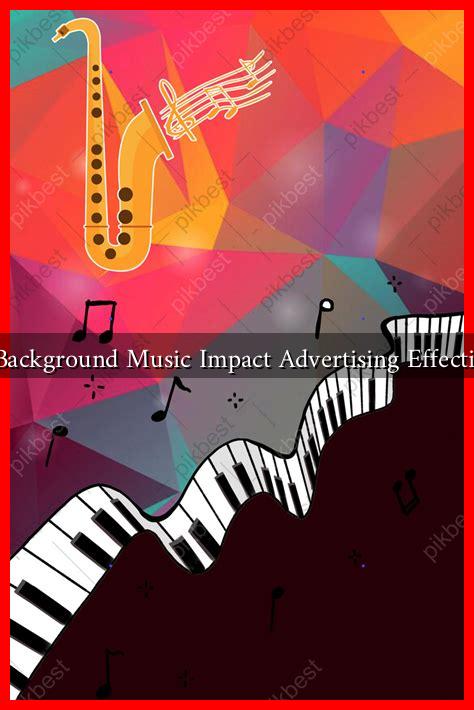-
Table of Contents
Does Background Music Impact Advertising Effectiveness?
In the world of advertising, every element counts. From visuals to text, marketers meticulously craft their messages to resonate with consumers. One often-overlooked aspect is background music. This article explores the impact of background music on advertising effectiveness, examining how it influences consumer behavior, brand perception, and overall ad recall.
The Psychological Influence of Music
Music has a profound psychological effect on individuals. It can evoke emotions, create atmospheres, and even influence decision-making processes. According to a study published in the journal *Psychology of Music*, background music can significantly alter a listener’s mood and perception. This phenomenon is particularly relevant in advertising, where the goal is to create a favorable impression of a product or brand.
How Background Music Enhances Advertising
Background music can enhance advertising effectiveness in several ways:
- Emotional Connection: Music can evoke specific emotions that align with the brand’s message. For instance, a cheerful jingle can create a sense of happiness and positivity, making consumers more receptive to the advertisement.
- Brand Recall: Studies have shown that ads with music are more memorable than those without. A 2013 study by the *Journal of Advertising Research* found that background music significantly improved brand recall among participants.
- Attention Capture: Upbeat or catchy tunes can capture attention and keep viewers engaged. This is particularly important in a world where consumers are bombarded with advertisements daily.
Case Studies: Music in Advertising
Several brands have successfully utilized background music to enhance their advertising campaigns. Here are a few notable examples:
- Apple: Apple’s commercials often feature contemporary, upbeat music that resonates with their target audience. The use of music in their ads not only enhances the emotional appeal but also reinforces the brand’s innovative image.
- Coca-Cola: Coca-Cola’s “Taste the Feeling” campaign effectively used music to evoke feelings of happiness and togetherness. The catchy jingle became synonymous with the brand, leading to increased brand loyalty.
- McDonald’s: The fast-food giant has long used jingles in its advertising. The “I’m Lovin’ It” campaign, featuring a catchy tune, has become one of the most recognizable slogans in the world, demonstrating the power of music in brand recall.
Statistics Supporting Music’s Impact
Research supports the notion that background music can significantly impact advertising effectiveness:
- A study by *Neuroscience Marketing* found that ads with music were 96% more likely to be remembered than those without.
- According to a survey conducted by *Adweek*, 70% of consumers reported that music in ads influenced their perception of the brand.
- Research from *The Journal of Consumer Research* indicated that background music can enhance the perceived quality of a product, leading to increased purchase intentions.
Choosing the Right Music
While background music can enhance advertising effectiveness, choosing the right type of music is crucial. Here are some factors to consider:
- Target Audience: Understand the demographics and preferences of your target audience. Different age groups and cultures may respond differently to various music genres.
- Brand Identity: The music should align with the brand’s identity and message. For example, a luxury brand may opt for classical music, while a youthful brand may choose pop or electronic music.
- Context: Consider the context in which the advertisement will be viewed. Music that works well in a television ad may not be suitable for social media platforms.
Conclusion
In conclusion, background music plays a significant role in enhancing advertising effectiveness. By evoking emotions, improving brand recall, and capturing attention, music can transform an ordinary advertisement into a memorable experience. As marketers continue to explore innovative ways to engage consumers, the strategic use of background music will remain a powerful tool in the advertising arsenal. Understanding the psychological impact of music and choosing the right tracks can lead to more effective campaigns and stronger brand connections.
For further reading on the impact of music in advertising, you can explore resources from Psychology Today.


